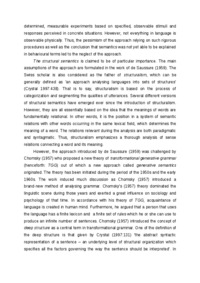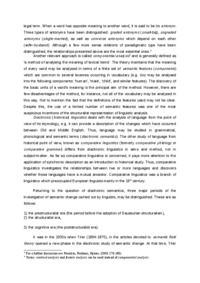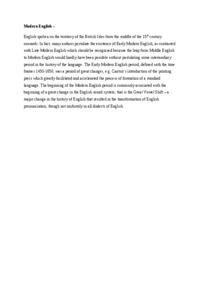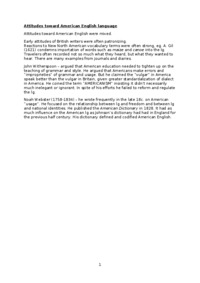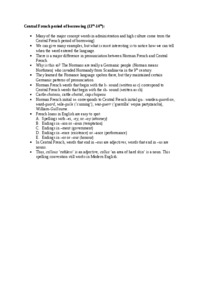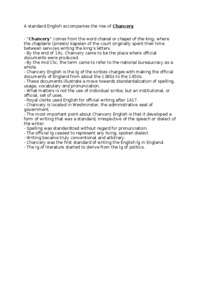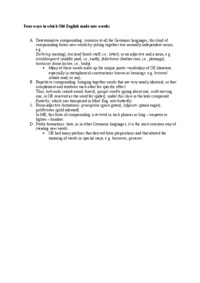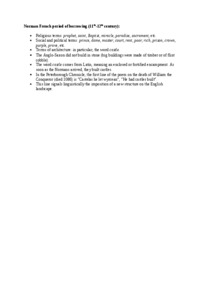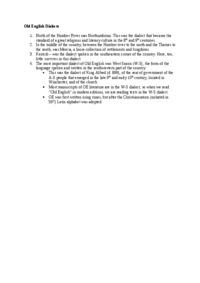Approaches to the study in the field of semantics
- Uniwersytet Rzeszowski
- Semantyka logiczna
Approaches to the study in the field of semantics There are several different perspectives to semantics which have emerged across the ages. The aim of the following pages is to present the most influential approaches to semantics, i.e. traditional semantics, behavioural semantics, Saussure's (1959) ...

